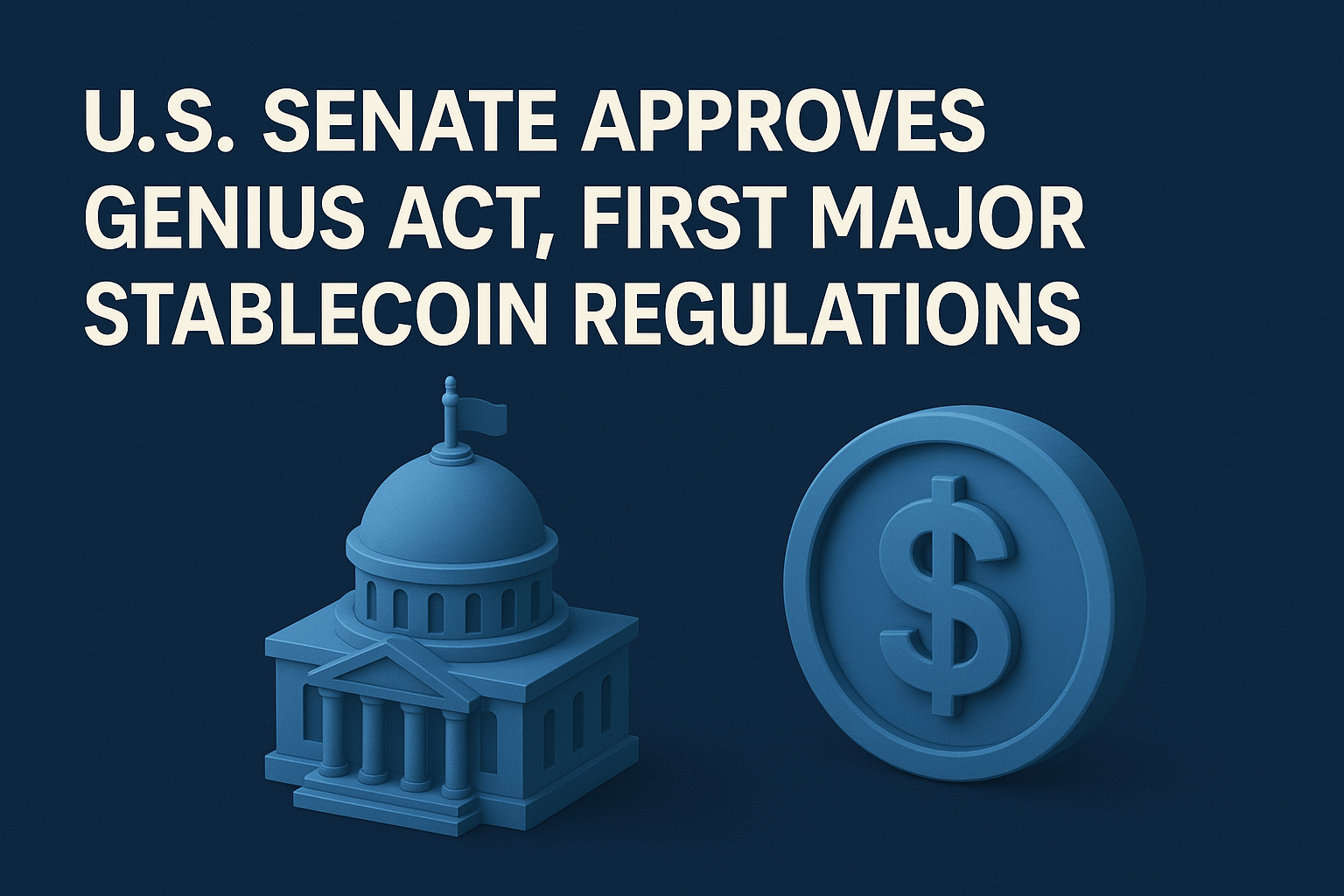A Major Shift in Strategy
Infini Card, once a promising player in the crypto debit card market, has announced the official discontinuation of its card service. The decision marks a significant strategic pivot as the company turns its focus towards building decentralized financial management tools and yield-based products. The announcement was made publicly via the company’s official communication channels and supported by statements from founder Christian Li.
What Led to the Closure?
The closure of Infini’s crypto card offering is not entirely surprising to industry insiders. Earlier this year, the company experienced a major security breach that reportedly led to a loss of approximately $50 million. The exploit was allegedly due to a developer retaining administrative control even after launch—an oversight that exposed vulnerabilities in the system.
Though Infini was quick to respond and committed to reimbursing affected users, the incident shook investor and user confidence. It also sparked internal reflection on the long-term viability and security of the crypto card model itself.
Refunds and Remaining Services
While the crypto card service has ended, Infini has ensured that users who paid for the card application will receive full refunds. This customer-centric approach is a bid to retain trust and show good faith as the company transitions to its next phase.
Importantly, Infini has made it clear that its other services remain operational. These include:
- Deposit and withdrawal functions
- Crypto Earn and yield farming platform
- In-app portfolio tools
Users will continue to have access to their funds and earning features without disruption.
Rethinking the Crypto Card Model
According to company statements, the decision to sunset the card was not solely based on the February exploit. Founder Christian Li admitted that while the crypto card served user demands in the short term, it was not aligned with Infini’s long-term vision.
“The card product was a bridge. It helped us understand our users better, but we were always building towards a more robust and decentralized solution,” said Li.
This reflects a broader industry trend. Many Web3 startups initially use centralized tools to onboard users before shifting toward more decentralized, trustless models as they mature.
Building a Decentralized Financial Future
Looking ahead, Infini is doubling down on its decentralized finance (DeFi) ambitions. The company plans to enhance its Earn platform and build new payment infrastructure that eliminates the need for traditional intermediaries.
Some of the upcoming features may include:
- Automated stable-yield vaults
- Peer-to-peer payment rails
- On-chain reputation systems for credit scoring
- Non-custodial wallets with AI-based budgeting tools
The goal is to make Infini a backbone of decentralized financial activity—a trusted platform where users can earn, spend, and manage assets without reliance on centralized institutions.
Rebuilding Trust and Community
Recovering from a major breach and pivoting simultaneously is no easy feat. Yet Infini’s leadership remains optimistic. By addressing past mistakes transparently and committing to user reimbursements, the company is attempting to build long-term trust.
Community feedback has been mixed. While some users appreciated the honesty and strategic clarity, others expressed concerns about shifting product roadmaps and perceived instability.
However, many DeFi experts see this pivot as a net positive. They argue that moving away from centralized cards—especially those vulnerable to third-party exploit risks—is in line with the true ethos of blockchain: decentralization, security, and user sovereignty.
Industry Implications
Infini’s exit from the crypto card space may prompt other providers to rethink their strategies as well. The model of “crypto-linked debit cards” has always walked a tightrope between Web2 convenience and Web3 ideals. With regulatory pressure, high operational costs, and potential security vulnerabilities, more startups may choose to evolve in a direction similar to Infini’s.
The incident also reignites conversations about on-chain security, especially concerning developer permissions and administrative rights in smart contract ecosystems.
Final Thoughts
Infini’s decision to sunset its crypto card offering signals not a failure but a maturing vision. By redirecting resources toward decentralized financial tools, the company is taking a bold step to align itself with the future of Web3.
While challenges remain—especially around community trust and competition from larger DeFi players—Infini’s story could serve as a blueprint for how crypto startups pivot with purpose.
As the landscape evolves, one thing is clear: sustainable success in crypto requires more than innovation—it demands adaptability, transparency, and a clear commitment to decentralized principles.










